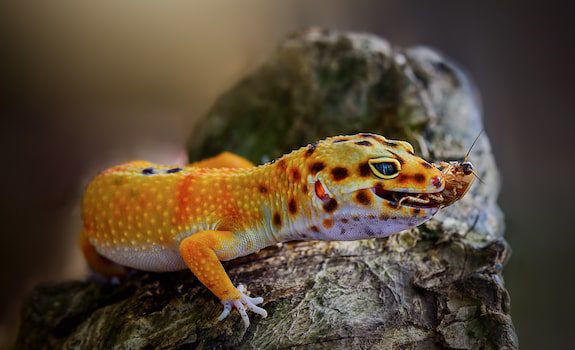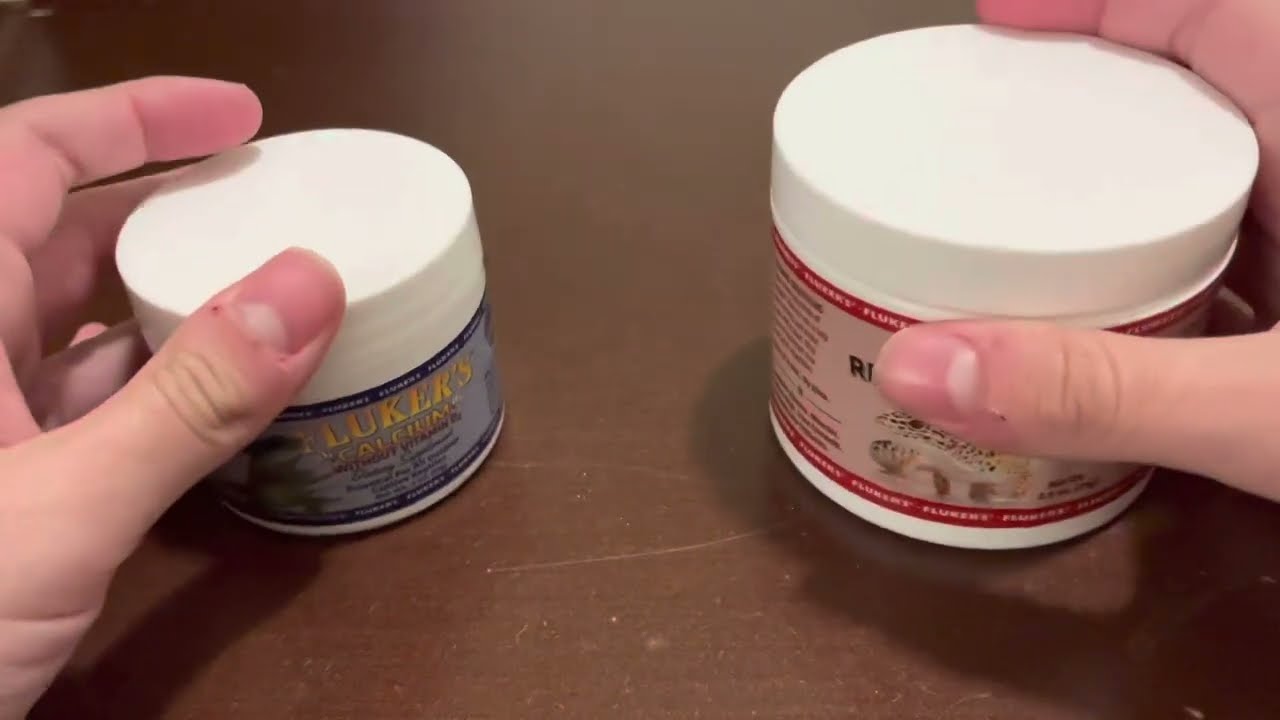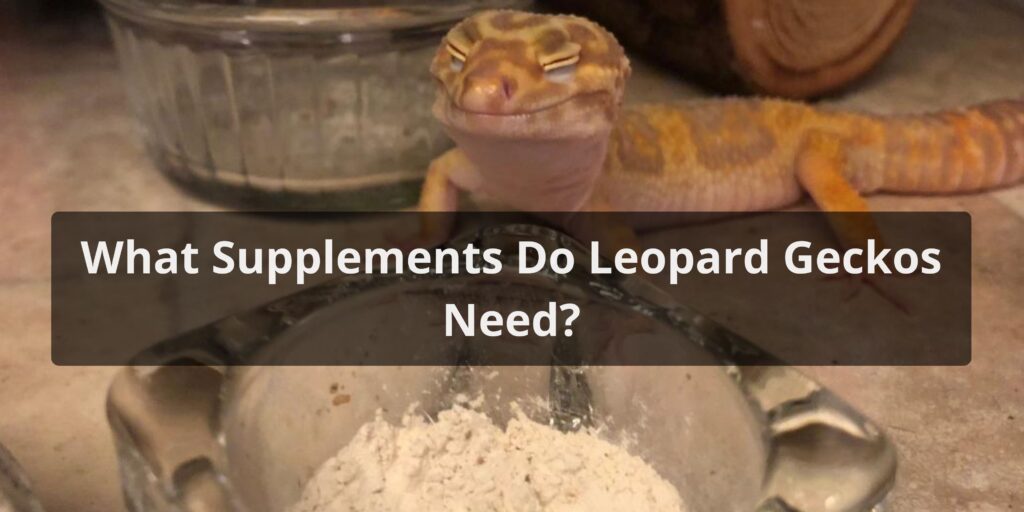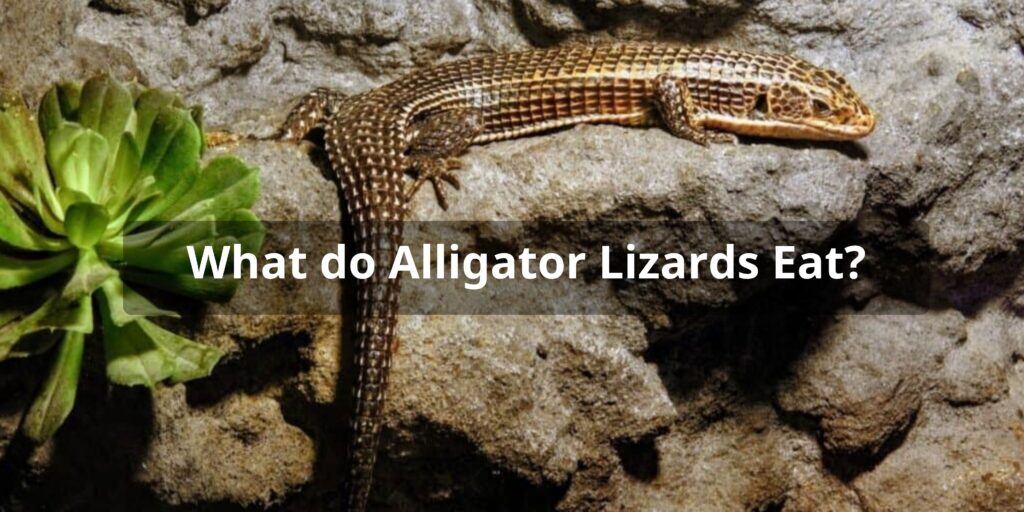Leopard geckos are one of the most popular pet lizards kept in captivity. They originate from the deserts of Asia and parts of India. Unlike other reptiles, leopard geckos only eat insects and do not require live feedings. Their modest size, docile nature, and minimal care requirements make them an excellent beginner pet lizard. However, like all captive reptiles, leopard geckos require proper nutrition and supplements to remain healthy. Providing the right supplements is key to your leopard gecko thriving. This article will explore what supplements do leopard geckos need and why they are so important.
Why Do Leopard Geckos Need Supplements?

Leopard geckos are insectivores, meaning they eat insects as their main food source. In the wild, leopard geckos would consume a variety of insects that provide complete and balanced nutrition. However, the insects we feed captive geckos, like mealworms, crickets, and dubia roaches, are often deficient in certain nutrients. This is because feeder insects are gut-loaded with nutritionally incomplete diets and bred in less than ideal conditions. As a result, feeder insects lack adequate amounts of certain vitamins, minerals, and nutrients that leopard geckos need to stay healthy.
The main nutritional deficits in feeder insects are:
- Calcium – Needed for strong bones and egg production
- Vitamin D3 – Needed for calcium absorption
- Vitamin A – Important for vision, skin, bone and reproductive health
- Phosphorus – Works with calcium to build strong bones
Without providing supplementary calcium, D3, vitamin A, and phosphorus, leopard geckos can develop nutritional deficiencies leading to health issues like metabolic bone disease, poor growth, and reproductive problems. Dusting insects with supplements fills in the nutritional gaps to prevent deficiencies.
What Supplements Do Leopard Geckos Need?

There are two main types of supplements leopard geckos need:
1. Calcium with Vitamin D3
- This provides calcium and vitamin D3 which work together to prevent metabolic bone disease. Metabolic bone disease is caused by calcium deficiency and results in soft, deformed bones.
- Calcium with D3 should be lightly dusted on all feeder insects at every feeding.
- Repashy’s Calcium Plus is a good all-in-one calcium supplement.
2. Multivitamin
- This provides a wider range of vitamins and minerals including vitamin A.
- A multivitamin should be used 1-2 times per week to provide nutrients not found in plain calcium supplements.
- Reptivite and Herptivite by Repashy are excellent leopard gecko multivitamins.
For growing juvenile leopard geckos under 1 year old, calcium with D3 can be provided at every feeding. For adults over 1 year old, calcium with D3 only needs to be provided 2-3 times per week along with a multivitamin once weekly. Always follow label directions for supplement amounts and frequency.
Other Optional Supplements
Some other supplements can benefit leopard geckos but are not necessary for most geckos:
- Calcium without D3 – Having a calcium supplement without D3 allows you to control D3 intake separately. Too much D3 over time can cause hypervitaminosis. This supplement can be used for occasional calcium dustings instead of calcium with D3.
- Phosphorus-free calcium – Some keepers prefer to use calcium without phosphorus regularly to better control the calcium:phosphorus ratio. However, this is only necessary if feeder insects are very high in phosphorus.
- Digestive aids – Supplements like Papaya Plus can help improve digestion and nutrient absorption. These are more useful for geckos that are ill or have special health needs.
Proper Supplementation Guidelines

To properly supplement your leopard gecko follow these guidelines:
- Use a high quality brand – Stick to reputable supplement companies like Repashy and ZooMed which formulate products specifically for reptiles.
- Avoid oversupplementing – Too much of certain vitamins like D3 and A can cause toxicity. Follow label directions and do not exceed recommendations.
- alternate supplements – Use a simple D3 calcium routinely and multivitamin only periodically to prevent overdoing any one nutrient.
- Gutload feeders – Feeding insects a nutritious gutload diet makes them more nutritious for geckos. Carrots, sweet potato, collard greens, and commercial gutloads are good options.
- Use a varied diet – Rotate different feeder insects like crickets, roaches, silkworms, hornworms. Varying protein sources provides a more complete nutrition profile.
- Store properly – Refrigerate unused powder supplements and discard after expiration date. Replace annually or if oxidized.
Properly supplementing your leopard gecko may seem complicated at first. But following basic supplementation guidelines at each feeding ensures your gecko gets all the vitamins, minerals, and nutrients they need to thrive in captivity. What supplements do leopard geckos need? At a minimum, providing calcium with D3 at most feedings along with a periodic multivitamin will meet their dietary requirements and support long-term health.
FAQs About What Supplements Do Leopard Geckos Need
Do leopard geckos require calcium supplements?
Yes, leopard geckos require calcium supplements to maintain healthy bones and prevent calcium deficiencies. Calcium is crucial for their overall well-being, especially for females during egg production and hatchlings during growth.
How often should I provide calcium supplements to my gecko?
Dust insects with calcium supplements before feeding every other meal for adults and every meal for juveniles. Additionally, provide a dish of calcium in its enclosure at all times. Adjust supplementation based on your gecko’s age, breeding status, and overall health.
Are vitamin supplements necessary for leopard geckos?
Yes, vitamin supplements are necessary, but they should be used in moderation. Leopard geckos can benefit from vitamin supplements to ensure they receive a well-rounded diet. However, excessive vitamin supplementation can lead to health issues, so follow recommended guidelines and consult a veterinarian if unsure.
What is the difference between calcium with D3 and without D3?
Calcium with D3 (vitamin D3) aids in calcium absorption and is essential for leopard geckos, especially if they have limited exposure to natural sunlight. Calcium without D3 is suitable for use when your gecko is exposed to UVB lighting or natural sunlight, as they can synthesize vitamin D3 themselves.
Can I over-supplement my leopard gecko with vitamins?
Yes, over-supplementing with vitamins can be harmful. Excessive vitamin supplementation can lead to hypervitaminosis and various health issues. Always follow recommended dosages and consult a veterinarian for guidance on the specific dietary needs of your leopard gecko.



